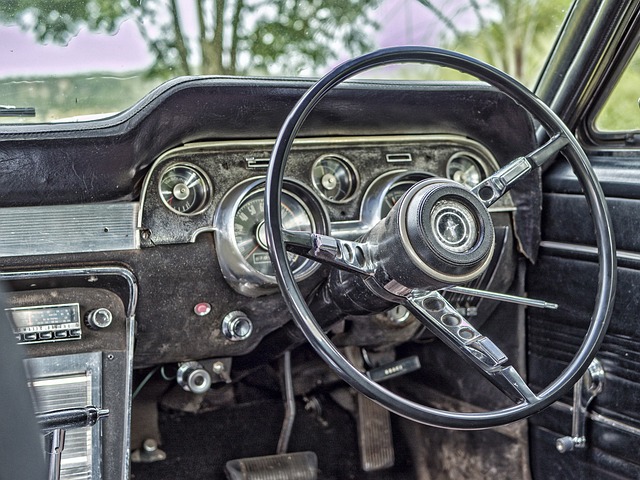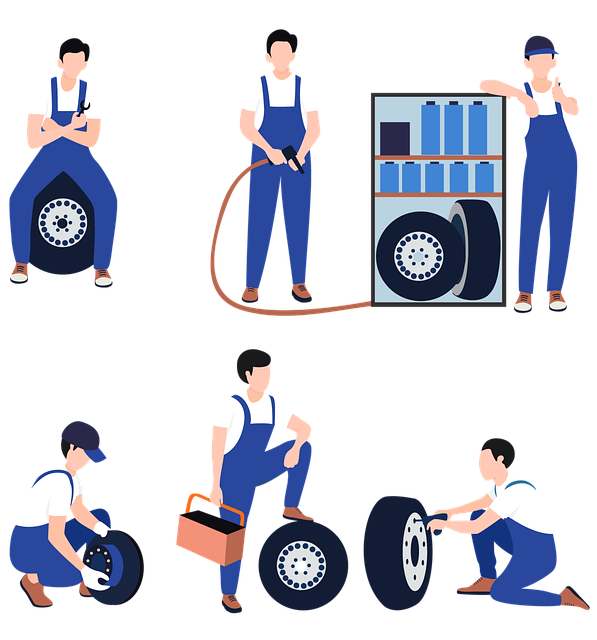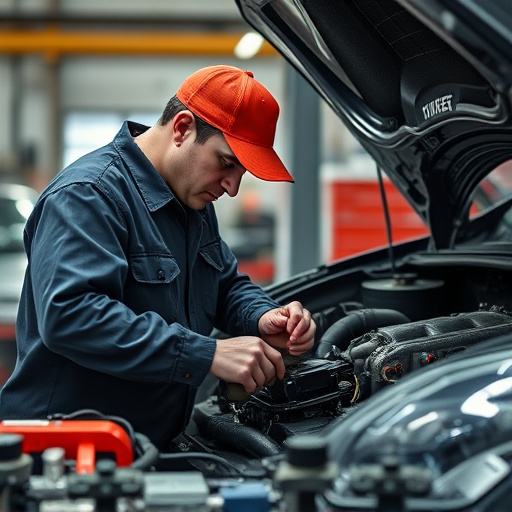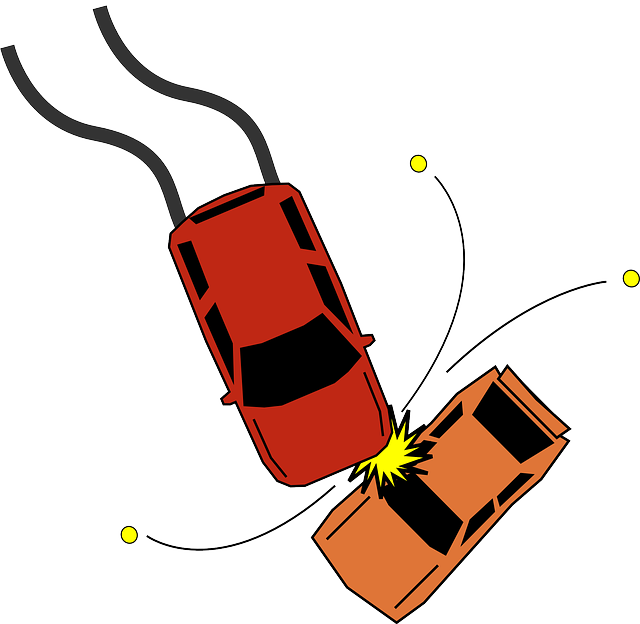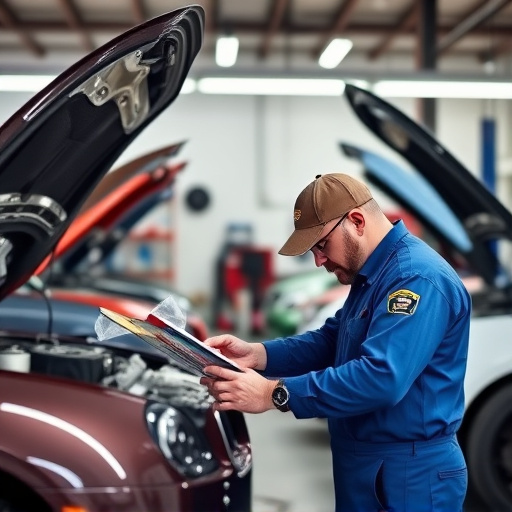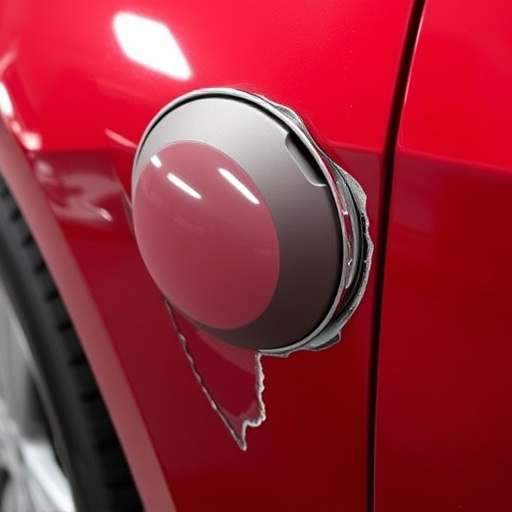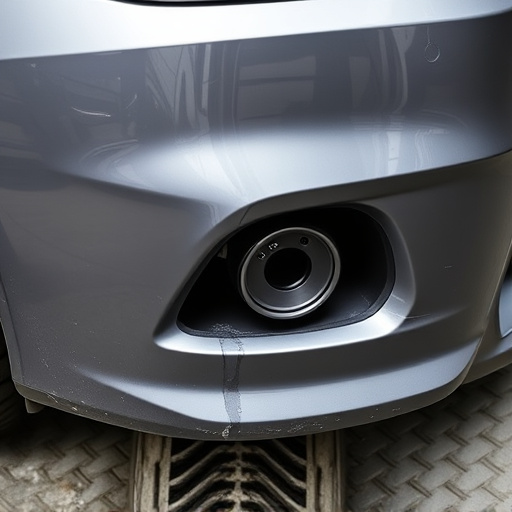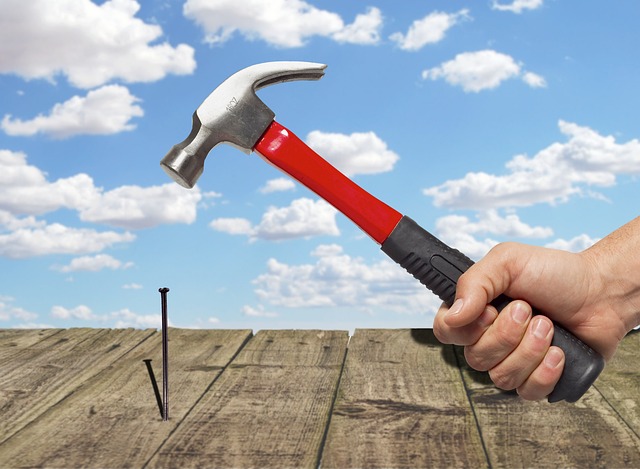Factory-trained repair specialists are key to maintaining high quality standards in the automotive industry. Through rigorous on-the-job training within manufacturing facilities, they master complex processes like frame straightening and auto body painting while adhering to strict safety protocols and OEM standards. Their expertise ensures vehicles are restored to pristine condition, preserving structural integrity, safety, and aesthetic appeal, thus fostering trust and reliability among customers.
Factory-trained repair specialists play a pivotal role in quality assurance, ensuring products meet stringent standards. Their expertise, honed through rigorous training programs offered by manufacturers, equips them with the knowledge to identify defects, implement best practices, and drive consistent quality across various industries. This article delves into the multifaceted responsibilities of these specialists, exploring their contribution to quality control through hands-on experience and strategic methodologies.
- The Role of Factory-Trained Repair Specialists in Quality Assurance
- Expertise and Training: How Factories Prepare Their Specialists
- Best Practices for Quality Control by Trained Repair Professionals
The Role of Factory-Trained Repair Specialists in Quality Assurance
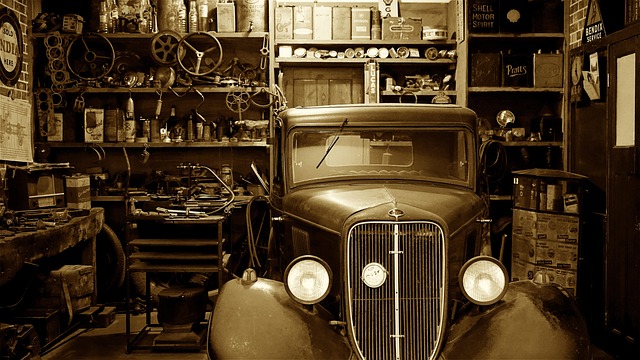
Factory-trained repair specialists play a pivotal role in quality assurance within the automotive industry. Their expertise lies in the meticulous process of car damage repair and auto body work, ensuring every vehicle returns to the road in pristine condition. These specialists are equipped with the knowledge and skills to handle complex collision repairs, enabling them to maintain stringent quality standards.
Through rigorous training, they learn not only technical aspects but also adhere to safety protocols and industry best practices. This ensures that every repair is not just functional but also meets aesthetic expectations, preserving the vehicle’s original look. Their involvement in quality assurance bridges the gap between factory specifications and customer satisfaction, fostering trust and reliability in the post-repair process.
Expertise and Training: How Factories Prepare Their Specialists

Factory-trained repair specialists are a cut above when it comes to quality assurance because their expertise stems from rigorous on-the-job training directly within automotive manufacturing facilities. These specialists aren’t just mechanics; they’re artisans who have mastered the intricate processes involved in modern vehicle repair, including frame straightening, auto body painting, and vehicle dent repair.
During their training, these professionals learn not only technical skills but also quality control protocols specific to each manufacturer. They understand the precise measurements, materials, and techniques required to ensure that repairs not only look good but also maintain the original safety and structural integrity of the vehicle. This deep knowledge translates into consistent, high-quality outcomes for customers who entrust their vehicles to factory-trained repair specialists.
Best Practices for Quality Control by Trained Repair Professionals

Factory-trained repair specialists are equipped with a deep understanding of vehicle manufacturing processes, allowing them to set the gold standard for quality control. Best practices for these professionals involve meticulous inspection and adherence to strict protocols. Every repair, from intricate auto body restoration to straightforward fender repairs, is treated as a chance to uphold excellence. They utilize specialized tools and techniques learned during their factory training to ensure precision and accuracy in every step of the restoration process, including tire services.
These specialists don’t just fix vehicles; they maintain the integrity of brands, ensuring that each repaired car meets original equipment manufacturer (OEM) standards. Their focus on detail, combined with a comprehensive knowledge of materials and technologies, makes them guardians of quality assurance. By consistently implementing these best practices, factory-trained repair specialists contribute significantly to maintaining vehicle safety, reliability, and aesthetic appeal across various services, including fender repair and tire services.
Factory-trained repair specialists play a pivotal role in quality assurance, leveraging their deep expertise and specialized training to maintain high standards. Through rigorous programs that blend theoretical knowledge with hands-on experience, factories equip these professionals with the skills needed to identify defects, implement best practices, and ensure consistent product quality. By adopting standardized procedures and continuous improvement methodologies, factory-trained repair specialists contribute significantly to the overall reliability and reputation of manufactured goods.



